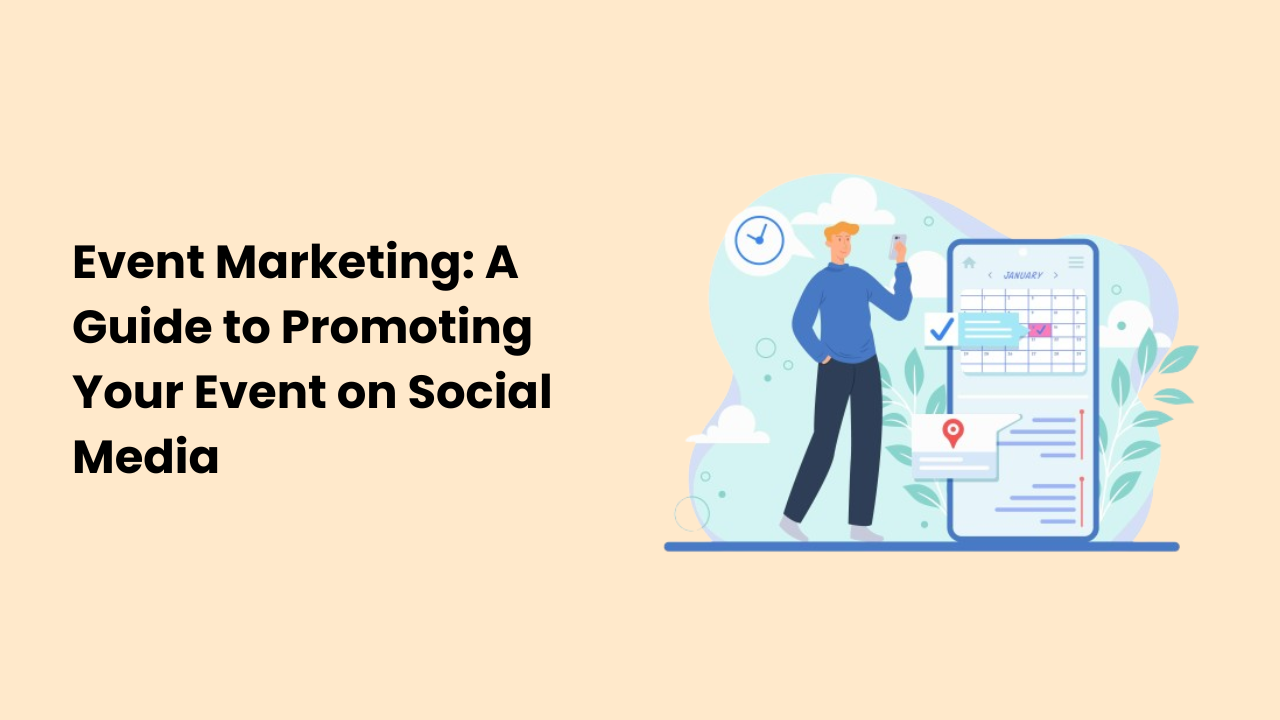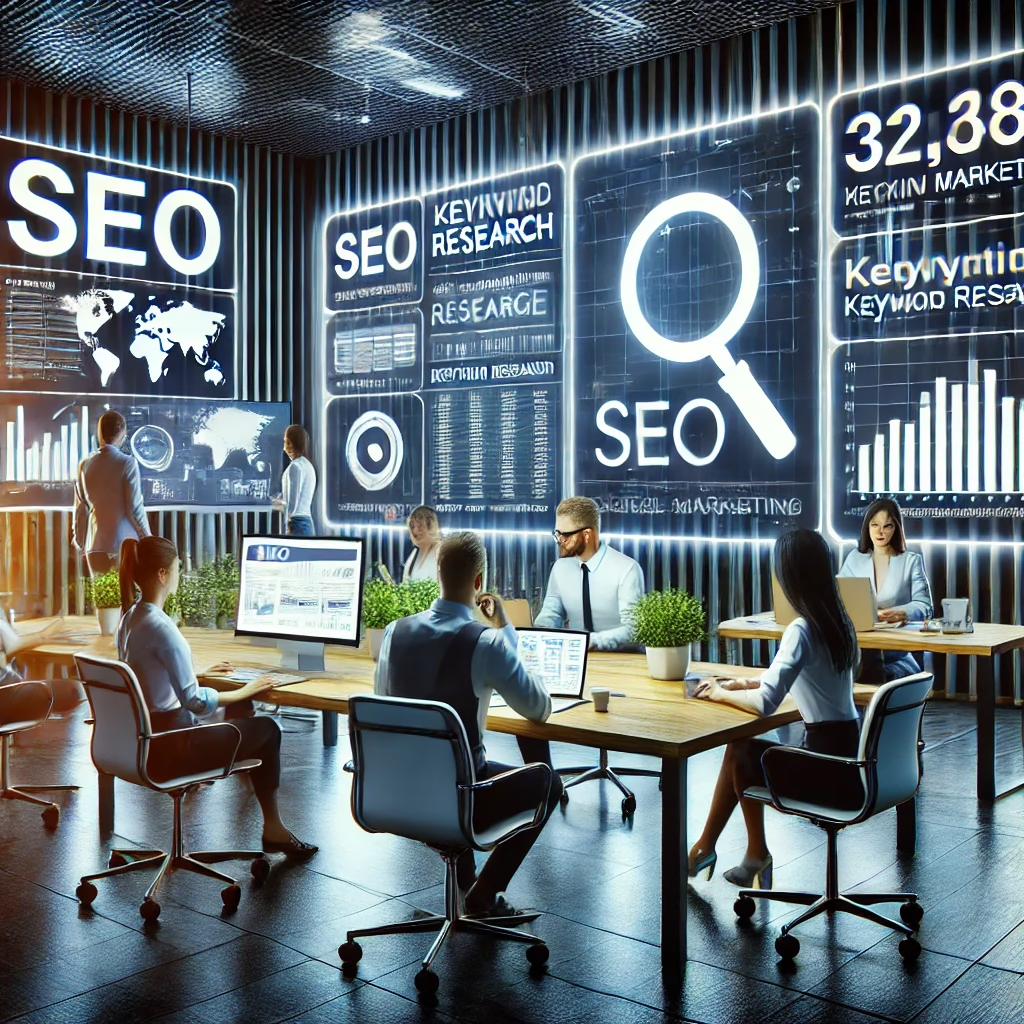With its ability to engage audiences, generate enthusiasm, and increase attendance, social media has completely changed the way events are advertised. It is a crucial tool for event marketing, allowing planners to run focused and economical campaigns. The correct social media approach may make all the difference, whether you’re presenting a local community event, music festival, or business seminar. To effectively promote your event and increase its impact, follow these practical event marketing methods.
Why Promote Events Using Social Media?
Social media platforms provide an unparalleled capacity for audience engagement and reach. Social media, which has billions of active users on sites like Facebook, Instagram, Twitter, and LinkedIn, can assist you in reaching both general and specific audiences with your event promotion. You may create excitement and sustain interest by using the resources it offers to interact with potential participants before, during, and following the event. Social media is a one-stop shop for event marketing strategies, from promoting your event to facilitating ticket sales and expediting event check-in. It also enables real-time communication and feedback, which aids in audience relationship building. Sharing engaging content and answering inquiries fosters a sense of community that promotes involvement. The analytics features of social media also enable you to monitor performance and adjust your approach for improved outcomes.
A Comprehensive Guide to Social Media Event Promotion
1. Identify Your Audience and Goals
Make sure you know exactly what you want to accomplish before you start promoting your event. Do you want to create a vibrant community, sell tickets, or raise brand awareness? Every objective necessitates a different strategy. Understanding your target audience is equally crucial. Are they tech aficionados, families, or young professionals? Choosing the appropriate tone, material, and platforms is made easier when you are aware of your target. For instance, a music festival would benefit from colorful images on Instagram, but a business conference might need a more formal tone on LinkedIn. Knowing these subtleties guarantees that your event marketing tactics will be well received by the target population, increasing participation and attendance.
2. Select Appropriate Platforms
Every social media site has a distinct function and is not made equal. Facebook is still the most popular site for making event pages and connecting with a wide range of people. Instagram is perfect for advertising imaginative and eye-catching events since it is excellent at visual storytelling. Twitter is ideal for announcements, real-time updates, and hashtag-based conversations. LinkedIn allows you to network with business executives and advertise your event in a formal way for professional gatherings. Your efforts will have a greater impact and be more economical if you concentrate on the platforms where your audience is most engaged. Focus on the platforms that are most pertinent to your event because trying to be present on all of them can dilute your message.
3. Make a hashtag or event page.
All of the information guests need, such as dates, location, ticketing details, and updates, is gathered in one place on a special event website. This makes communication easier and encourages participation. In a similar vein, coming up with a distinctive hashtag for your event aids in coordinating discussions about it on social media sites like Instagram and Twitter. By using this hashtag, attendees may naturally increase the visibility of your event by sharing their excitement and experiences. Incorporate your event hashtag into all of your emails, posts, and promotional materials. Regular use promotes adoption by participants, resulting in a shared thread that increases the visibility of your event.
4. Create a Calendar of Content
When it comes to event marketing, consistency is essential. A carefully thought-out content calendar guarantees that you will continue to publish interesting content in the run-up to your event. Incorporate a variety of material formats, including speaker spotlights, countdown graphics, behind-the-scenes footage, and participant endorsements from previous events. Using a variety of strategies keeps your audience engaged and enthusiastic. For example, to create excitement in the weeks before your event, provide exclusive news or sneak previews. Increase the frequency of your posts as the event date draws closer, including urgent calls to action for ticket purchases and reminders.
5. Make Use of Paid Promotion
Because of algorithms that restrict visibility, even while organic posts are valuable, they might not always reach your complete audience. Paid advertising can help with this. Advanced targeting features on social media sites like Facebook, Instagram, and LinkedIn let you connect with particular groups of people based on their geography, hobbies, and habits. To make sure your advertisements reach people who are likely to come, you can, for instance, run Facebook ads that target people who live within 50 miles of the location of your event. You can optimize your event marketing strategies for optimum return on investment by using paid campaigns to test various creatives and messaging to see what appeals to your audience the most.
6. Actively Involve Your Audience
Social media is a platform for communication and community development; it is not a one-way street. Actively interact with your audience by addressing their queries, leaving comments, and promoting dialogue. One of the best ways to answer attendees’ issues and create excitement is to provide live Q&A sessions. Engagement is further increased by interactive material like surveys, assessments, or competitions. For example, you could hold a giveaway where attendees can enter to win free tickets by sharing your event page or using your hashtag. These exercises engage your audience and naturally increase the visibility of your event.
7. Work together with partners and influencers
Partnerships might help you reach a wider audience and give your event more legitimacy. By collaborating with influencers who share the same interests or sector as your event, you may reach their existing fan base. In the same way, invite sponsors, presenters, or performers to promote your event on their platforms. To guarantee a consistent message, give these partners branding resources such as templates, event graphics, or suggested captions. This concerted effort generates buzz about your event and strengthens your event marketing tactics.
Final words:-
Social media provides a dynamic platform for connecting, engaging, and converting your audience, making it an essential tool for event marketing. You may guarantee the effectiveness and impact of your event promotion efforts by utilizing the above-mentioned tactics. Attention to detail is essential for everything from creating an engaging content calendar to enabling easy event ticketing and event check-in. Plan now, and you’ll see how well your event performs on social media!




